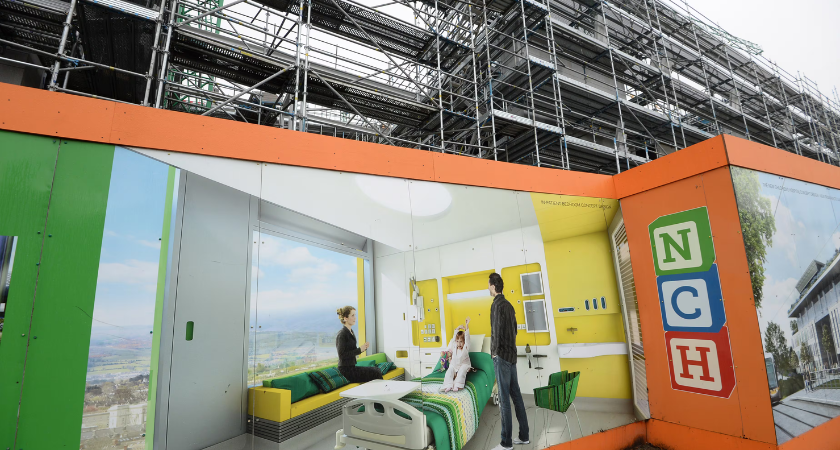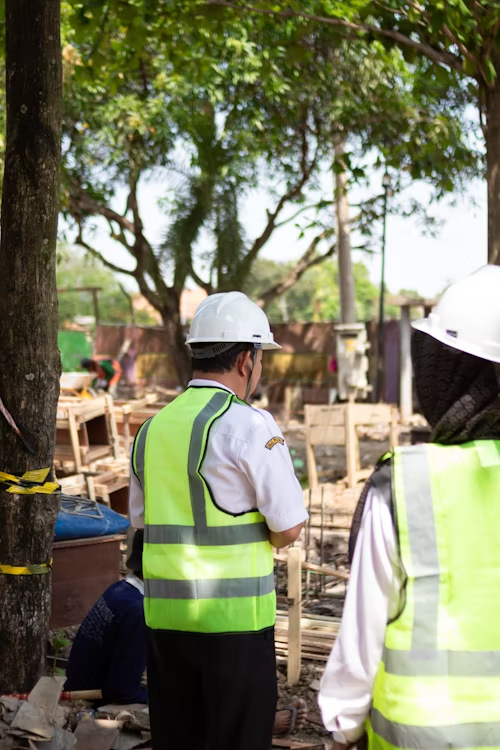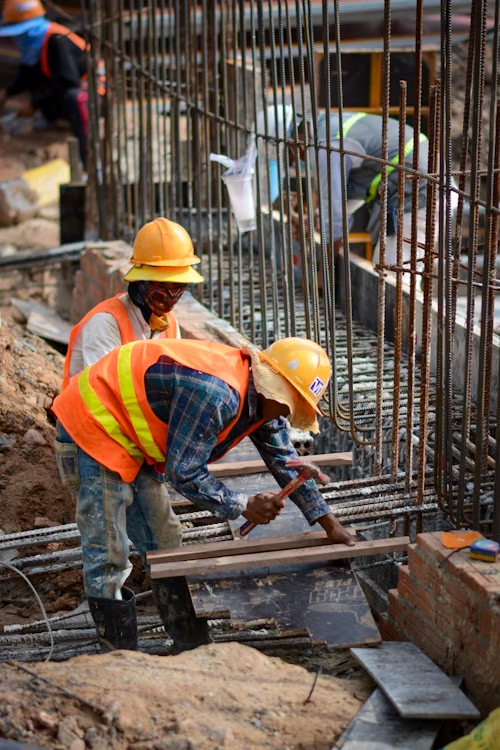
The Irish government quietly sought international expertise to address escalating tensions surrounding the long-delayed National Children’s Hospital — turning to one of the largest healthcare construction firms in the United States, Gilbane Building Company.

Founded by Irish emigrants during the Famine era and still family-owned, the Rhode Island–based firm is known for managing multi-billion-dollar hospital builds across the U.S. Despite its American focus, the company was asked to assess the ongoing issues surrounding the Dublin mega-project, which has been mired in disputes, funding controversies and schedule slippage for years.
“The hospital was under construction and having problems,” said chairman and family representative Mr. Gilbane, who confirmed offering informal advice. “I am removed from the politics, from any decision making. And I have no champions within the system.”
The project — now carrying a budget estimate of €2.24 billion — has been described by critics as the most expensive hospital per square foot in Europe. Originally set to open years ago, the facility is now unlikely to be operational before June next year, at the earliest.
Mr. Gilbane outlined what he believes is the key failure at the core of the Irish project: lack of unified accountability.
“My goal would be to align the owners’ interests and the contractors’ interests and the architects’ interests in a three-legged stool,” he said.
He argued that clear contractual responsibilities are essential in mega-builds:
“The contractor has to be clearly accountable for the costs by defining the scope of the job so that the design reflects the cost that is guaranteed by the contractor.”
He added that a well-structured agreement must reward cooperation, not conflict:
“The contractual relationship encourages that teamwork and ensures the method to keep it on track have been established as best practices and ways to go.”
Despite showing interest in expanding operations in Ireland, Gilbane noted structural challenges in how projects are managed locally.
“Some of the methodology with which construction is procured in Ireland is not the way we do business,” he said, referencing adversarial tender processes and lengthy legal disputes.
“Unfortunately, in Ireland, some of the quantity surveying delivery ends up in litigation.”
He plans to meet local subcontractors to see if industry attitudes are shifting.

The crisis escalated in August, when Minister for Health Jennifer Carroll MacNeill publicly clashed with main contractor Bam Ireland, criticizing slow progress and mounting expenditures. Bam responded by insisting the work was “more than 99 per cent complete.”
However, the National Paediatric Hospital Development Board pushed back, saying “many of these offered rooms still have open snags” and that “in reality only 800 of these rooms are satisfactory.”
The Minister has warned that the project “is going to cost more”, citing ongoing inflationary pressures and retrofit demands.
With 3,300 employees and $7.7 billion (€6.6B) in revenue in 2024, Gilbane remains one of the dominant healthcare builders globally. The company previously worked in Ireland — completing the Kerry Group’s Global Technology and Innovation Centre in Naas — and says it would consider establishing a European headquarters in Ireland, pending board approval.
“The contractors in Ireland are as skilled and as competent as anywhere you will find,” he said.
“The view of Ireland in the United States is very positive… I don’t believe Trump will upset this.”
This week, 33 fifth- and sixth-generation members of the Gilbane family gathered in Co Leitrim to honor their Irish ancestry — a symbolic return, even as the company weighs a larger business future on Irish soil.
Originally reported by Ronan McGreevy, Shauna Bowers in The Irish Times.